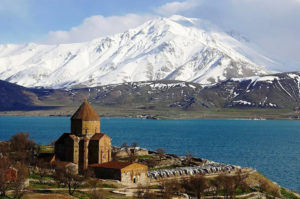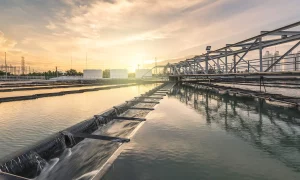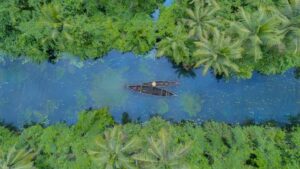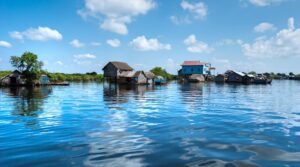heading
PROJECT: GOVERNANCE, ACCOUNTABILITY AND LEARNING FOR WATER SUSTAINABILITY (GOAL-WATERS)Armenia
Developing SDG-6 implementation strategy and monitoring mechanism
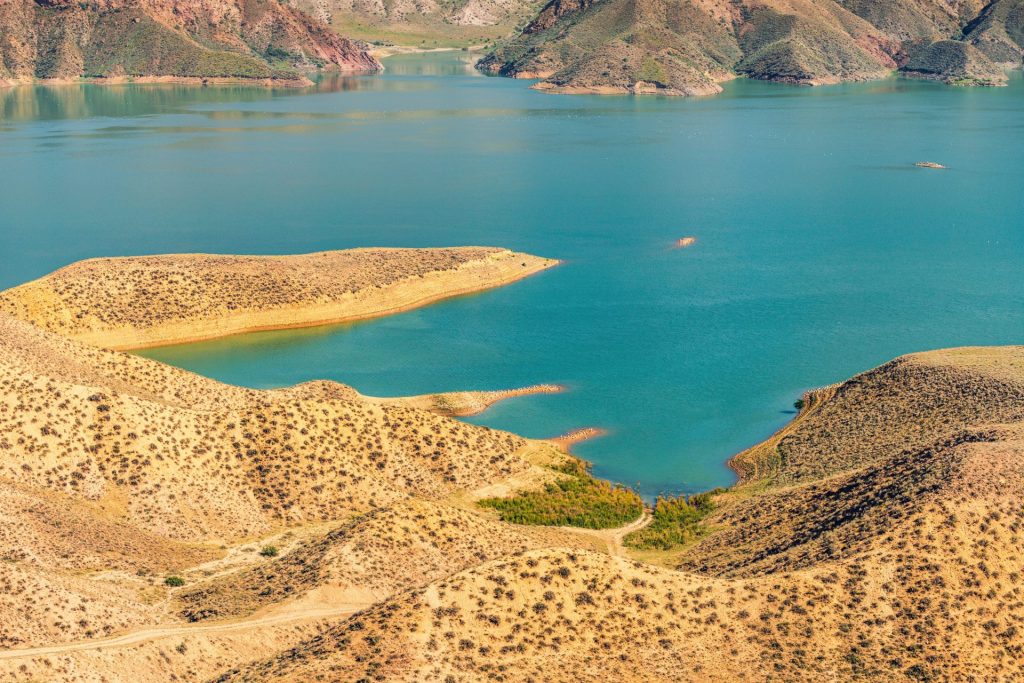
The overall goal is to create an enabling environment for the Government of Armenia to promote and implement the country’s commitments to the 2030 Agenda for Sustainable Development. In the project framework, Armenia is expected to develop a dedicated country strategy for SDG 6 target implementation as well as create long-lasting, efficient mechanisms for implementation monitoring of SDG 6 targets.
This intervention is a contribution to the SDG 6 IWRM Support Programme.
Challenge
The Government of Armenia is committed to enhancing water sector reforms by bringing together public and private sector efforts aimed to improve services and eliminate the disparities of water availability and affordability between rural and urban regions.
The RA Government Program 2019-2023 clearly outlines all the programs and initiatives that will support the Government’s strategy in the water sector, including river basin planning, irrigation, drinking water supply and wastewater removal and treatment.
However, Armenia does not have a clear strategy and set of measures with a timeline for SDG 6 implementation (the process of SDG nationalization as a whole is not finalized); nor a capacity gap and needs assessment of major institutions responsible for the different aspects of water management.
The country needs to set a baseline and multi-stakeholder platform for the nationalization of SDG 6, and create an enabling environment to re-orient ongoing policy processes and measures towards SDG targets.
Strategy
The project aims to strengthen coordination between state water institutions responsible for the implementation of SDG 6 targets through the establishment of an intergovernmental working group dedicated to water-related issues. An SDG 6 Implementation Gap Analyses Report, as well as comprehensive legal review, will be implemented. The strategy will take into account an inclusive and gender-sensitive approach.
The project aims to achieve the following:
- Identifying priorities and opportunities and addressing gaps and constraints in water governance by developing a national SDG 6 implementation strategy and road map.
- Program of measures with exact timeline of implementation.
- A follow-up program with templates of pilot projects,
- Training needs assessment for all water responsible agencies.
- Enhanced coordination between responsible state water institutions when it comes to the implementation of SDG 6 targets.
Achievements
A legal review of SDG-6 implementation was drafted and submitted to the government. Furthermore, an intergovernmental working group was set up, and working meetings have begun. For the set-up of the working group gender equality was one of the criteria for the selection of the members. Working group was composed of 19 member out of which 9 women.
Through this process, a draft SDG6 Implementation Strategy and Program of Measures were developed, and the first round of consultations were conducted. In March 2021 a conference was held for technical validation of the Strategy. Representatives from state authorities responsible for the water sector, international agencies, independent experts, as well as members of the National SDG Council were present. The main goal of the conference was to introduce and understand the obstacles to reach SDG 6 targets, whilst presenting and discussing the draft Strategy.
A draft training needs assessment programme, for each state institution responsible for activities towards the achievement of the SDG 6 targets, has also been developed. The strategy was submitted to the Government for formal adoption.
